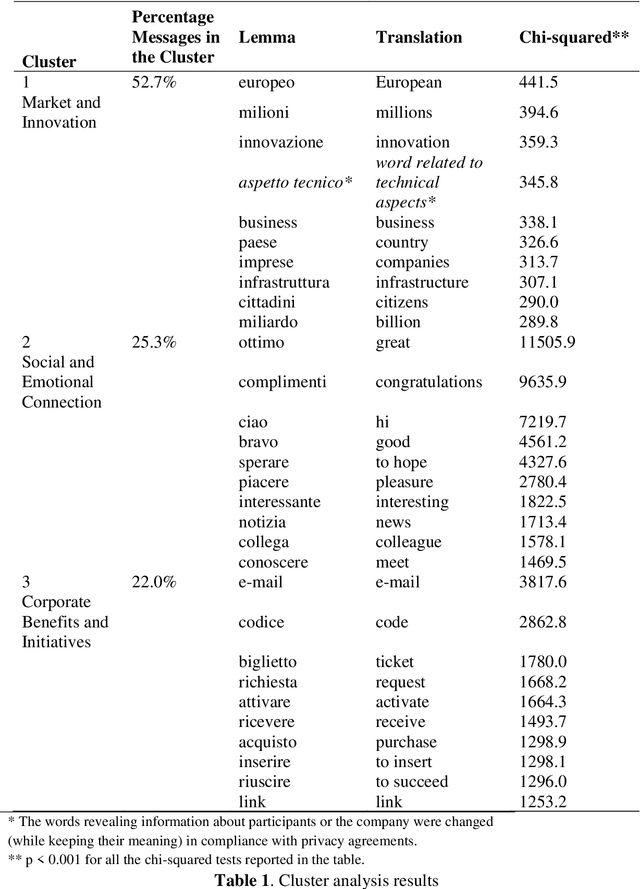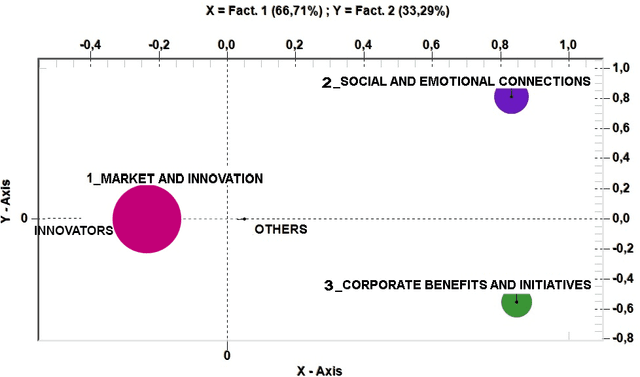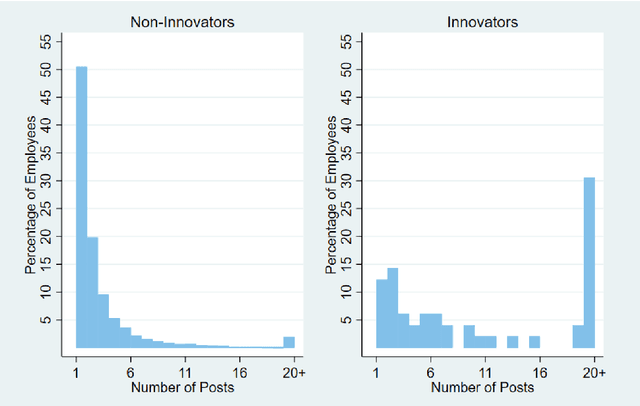L. Toschi
The role of media memorability in facilitating startups' access to venture capital funding
Jul 29, 2025Abstract:Media reputation plays an important role in attracting venture capital investment. However, prior research has focused too narrowly on general media exposure, limiting our understanding of how media truly influences funding decisions. As informed decision-makers, venture capitalists respond to more nuanced aspects of media content. We introduce the concept of media memorability - the media's ability to imprint a startup's name in the memory of relevant investors. Using data from 197 UK startups in the micro and nanotechnology sector (funded between 1995 and 2004), we show that media memorability significantly influences investment outcomes. Our findings suggest that venture capitalists rely on detailed cues such as a startup's distinctiveness and connectivity within news semantic networks. This contributes to research on entrepreneurial finance and media legitimation. In practice, startups should go beyond frequent media mentions to strengthen brand memorability through more targeted, meaningful coverage highlighting their uniqueness and relevance within the broader industry conversation.
The language and social behavior of innovators
Sep 20, 2022



Abstract:Innovators are creative people who can conjure the ground-breaking ideas that represent the main engine of innovative organizations. Past research has extensively investigated who innovators are and how they behave in work-related activities. In this paper, we suggest that it is necessary to analyze how innovators behave in other contexts, such as in informal communication spaces, where knowledge is shared without formal structure, rules, and work obligations. Drawing on communication and network theory, we analyze about 38,000 posts available in the intranet forum of a large multinational company. From this, we explain how innovators differ from other employees in terms of social network behavior and language characteristics. Through text mining, we find that innovators write more, use a more complex language, introduce new concepts/ideas, and use positive but factual-based language. Understanding how innovators behave and communicate can support the decision-making processes of managers who want to foster innovation.
 Add to Chrome
Add to Chrome Add to Firefox
Add to Firefox Add to Edge
Add to Edge